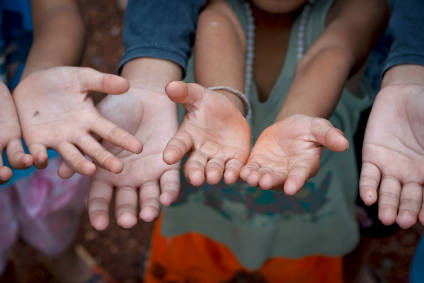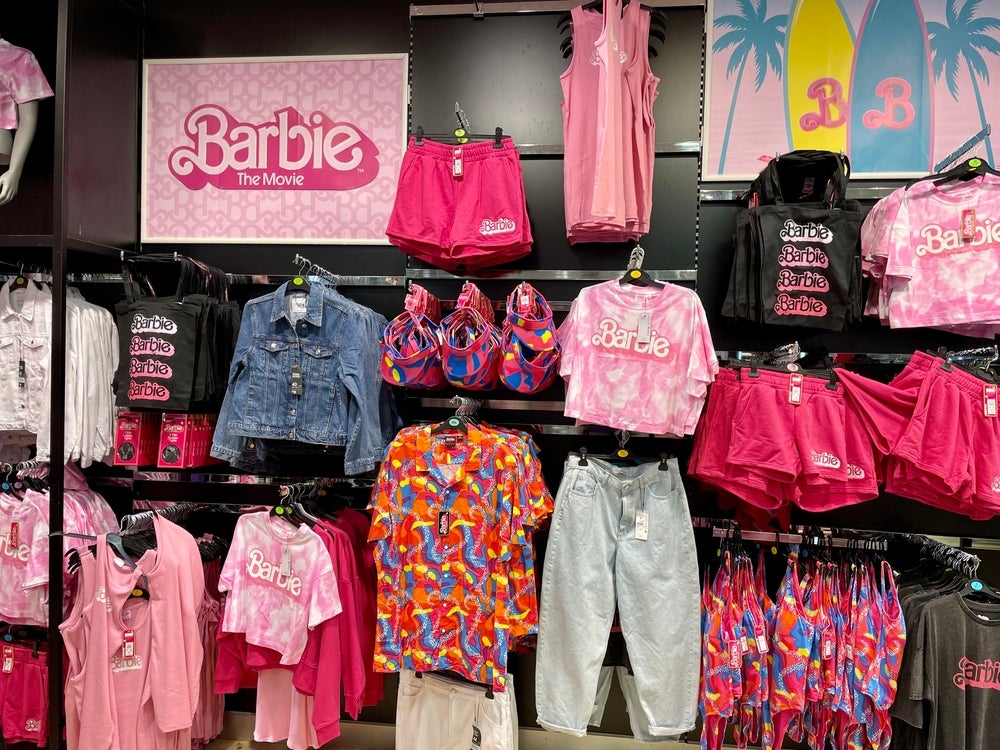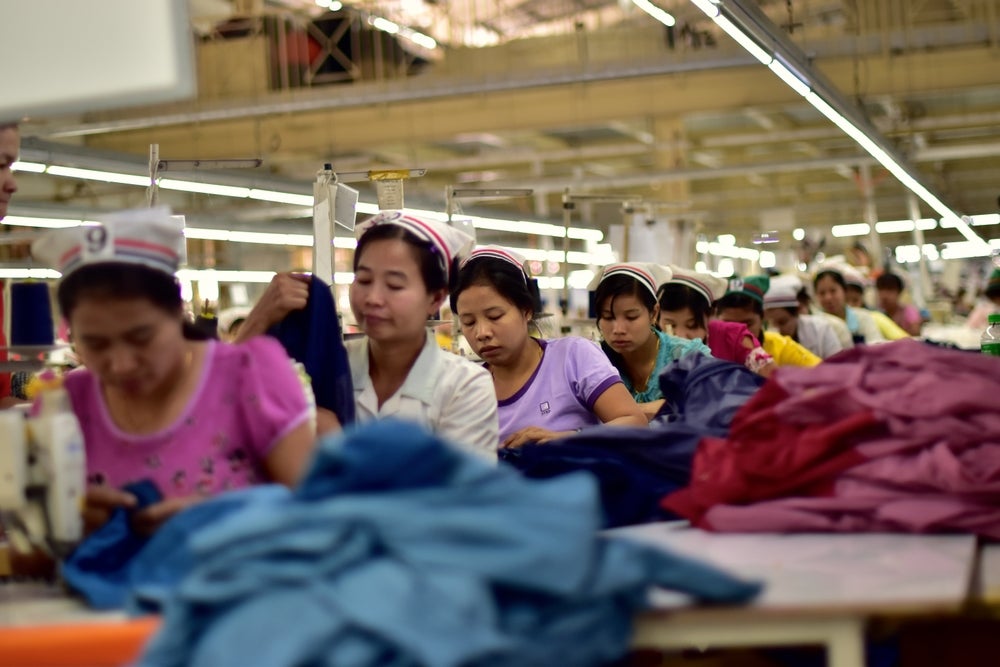
Migrant workers are a particularly vulnerable demographic and yet an essential part of global supply chains, Sedex says, adding this year more than ever has shown businesses that they must act to protect migrants.
“Migrant workers are overrepresented in low wage, hazardous and seasonal jobs where “flexible” contracts are pervasive,” Tristan Edmondson, head of responsible sourcing, Sedex, says.
“Their vulnerability is often increased by language barriers, ignorance of local laws, and weak or absent regulatory protection. They also often struggle to raise concerns at work, and both domestic and international migrants can find themselves locked out of state support.”
Edmondson adds the risk of exploitation for migrant workers has increased as the world emerges from Covid 19 and suppliers are asked to fulfil orders beyond their production capacity.
“It’s therefore crucial that businesses review their own purchasing practices, understanding how their actions impact suppliers and workers. It’s also imperative that as part of this work, buying companies map where migrant workers are present in their supply chains, and ensure safeguards are in place to protect their workplace rights through responsible sourcing risk analysis and on-site assessments,” he notes.
Verisk Maplecroft in October published a study that claimed modern slavery has got worse globally with four countries in Asia being downgraded from having ‘high’ to ‘extreme levels’ of modern slavery.
How well do you really know your competitors?
Access the most comprehensive Company Profiles on the market, powered by GlobalData. Save hours of research. Gain competitive edge.

Thank you!
Your download email will arrive shortly
Not ready to buy yet? Download a free sample
We are confident about the unique quality of our Company Profiles. However, we want you to make the most beneficial decision for your business, so we offer a free sample that you can download by submitting the below form
By GlobalDataThe report, which was carried out by the risk intelligence firm, used five years of data from its risk indices and looked at the global trajectory of labour rights and modern slavery to explore the shaping risk environment for workers within global supply chains.
The four countries in Asia cited as being downgraded from high levels of modern slavery to extreme levels within the Modern Slavery Index are:
- Cambodia
- Vietnam
- Myanmar
- Bangladesh







